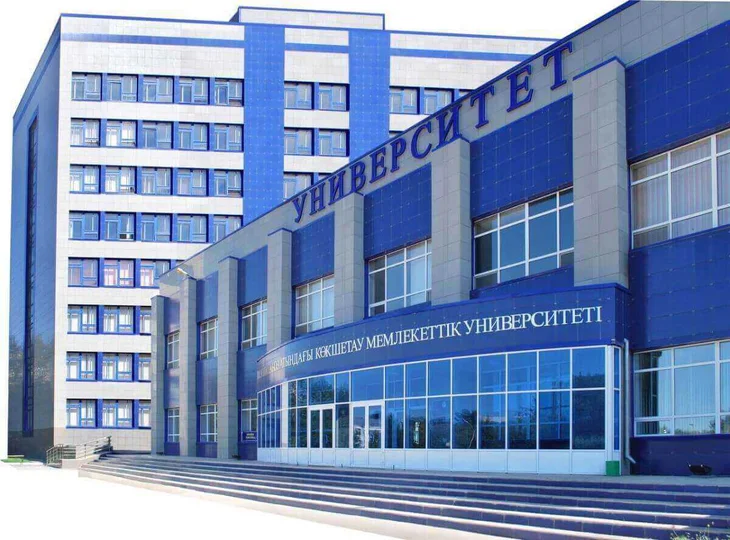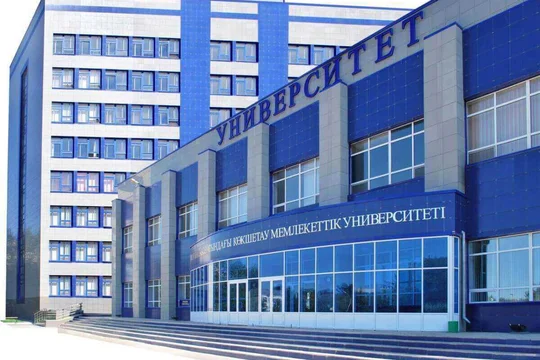Mathematics - Physics

Educational program code
6В01509
Language of instruction
Kazakh, Russian, English
Learning level
Undergraduate
Duration of study
4 year
Specialized subjects
Mathemathics
Physics
Objectives of the educational program
- Formation of theoretical and practical knowledge in the field of mathematics andphysics among future bachelors of education, taking into account the peculiaritiesof the northern region of Kazakhstan (small schools) in the conditions ofmultilingual education;
- Development of students' skills of effective self-organization and self-education;
- Improvement of social core competencies for building a constructive dialogue in amulticultural and multi-confessional society.
- Academic writing
- Education management and digitalization
- Geometry I
- Inclusive education
- Technologies of criterion assessment
- Mathematical logic
- Mathematical analysis I
- Methods of teaching mathematics
- Theory and methodology of teaching mathematics
- Mathematical analysis II
- Physiology of school development
- Mechanics
- Pedagogy
- Introduction to the teaching profession
- Theory and methodology of educational work
- Practical training for solving problems in physicso
- Methods of teaching physics
- Algebra and Number Theory I
- Algebra and Number Theory II
- Astronomy
- Atomic and nuclear physics
- Geometry II
- Differential equations
- Additional questions of school geometry
- Project activities and methods of searching for scientific and technicalinformation
- Integral calculus of functions of many variables. Field theory
- Ordinary differential equations
- Practical course on solving problems of mathematics 2
- Methodological foundations of solving problems of mathematics 2
- Methodological foundations of solving problems of mathematics I
- Practical course on solving mathematical problems I
- Mathematical analysis III
- Interdisciplinary connections in teaching mathematics
- Non-standard problems of mathematics
- School astronomy course
- School physics experiments
- Molecular physics
- Basic laws of Molecular Physics
- Optics
- Basic Laws of Optics
- Fundamentals of Robotics
- Mechanics of Robots and Manipulators
- Number theory
- Nonstandard equations and inequalities
- Linear algebra and elements of set theory
- Virtual laboratory workshop in Physics
- Probability theory and mathematical
- Elements of probability theory, combinatorics and statistics
- Electricity and magnetism
- Basic laws of electricity and magnetism
- Physics of the nucleus and condensed matter
Learning outcomes and competencies
- Reproduce knowledge in the field of economics and law, the basics of anti-corruption activities, ecology and the basics of life safety, the basics of tolerance,shock studies, as well as entrepreneurship skills, leadership, receptivity toinnovation;
- Use languages for academic, professional purposes and interculturalcommunication to implement the policy of trilingual education in mathematicsand scientific research;
- Use the system of theoretical subject knowledge, skills and skills in practicalactivities;
- To form students' competencies in the disciplines of subject training
- To put into practice innovative and pedagogical technologies aimed at taking intoaccount the individual characteristics of students (technologies of criterionassessment of educational achievements (SOC, SOR, FO); technologies ofdeveloping, differentiated and integrated learning); to form functional literacy,develop critical thinking;
- Possess professional and subject terminology in all aspects of speech andcommunication activities; possess a system of ideas about the role of the teachingprofession in modern society in the conditions of updated education;
- Use information and telecommunication technologies in professional activities;
- Possess the skills of using methods and techniques for solving Olympiadproblems in mathematics and physics provided for in the school curriculum;
- Design and implement educational work in an inclusive educational environment,taking into account the age-related anatomical and physiological characteristics ofschoolchildren to create unique parenting strategies.
